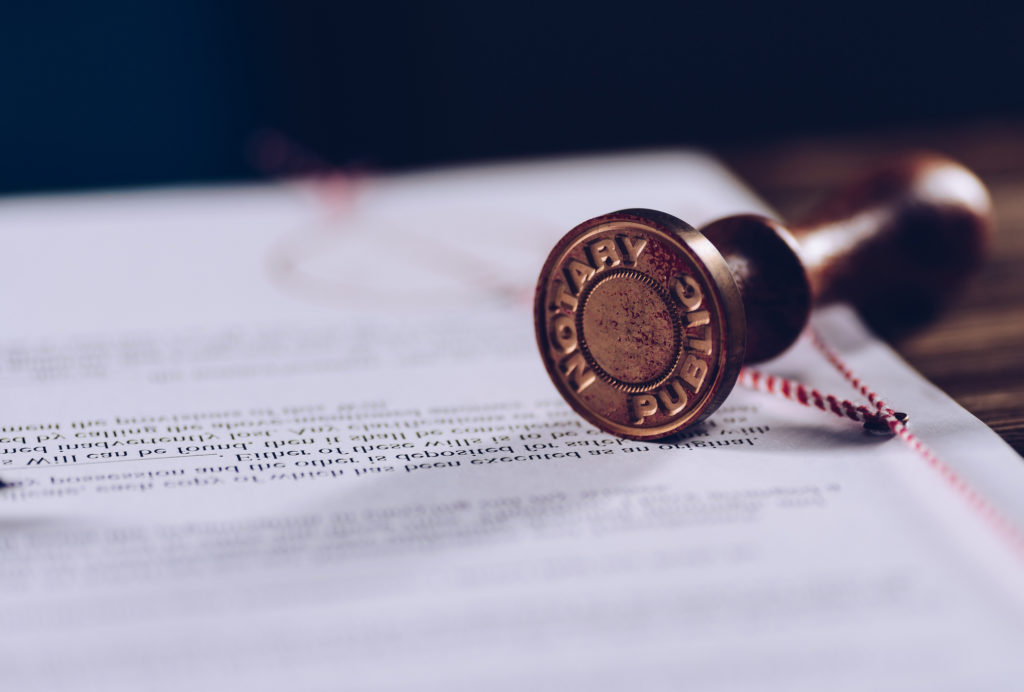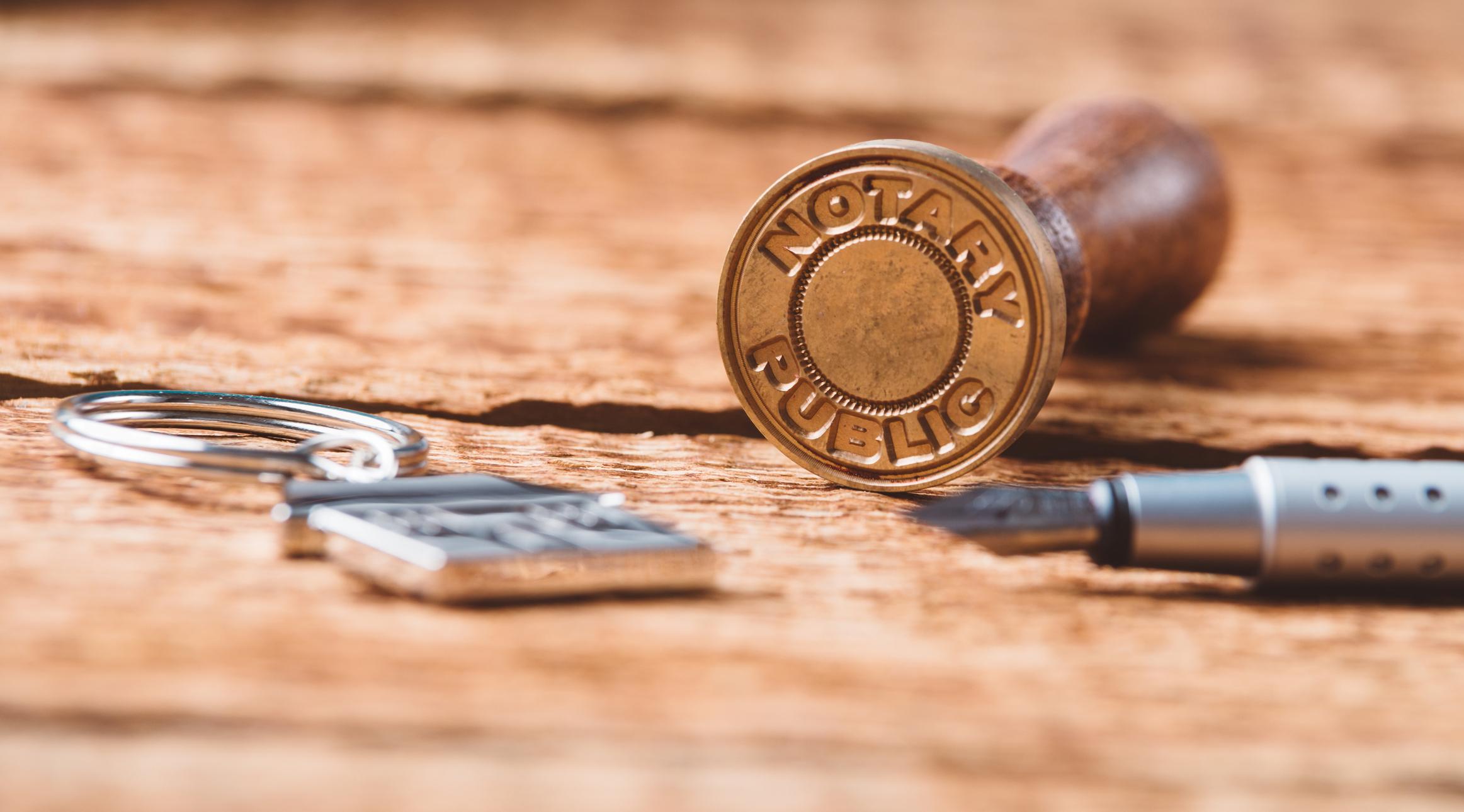Apostille Refine Explained: Enhancing Global Record Verification
Apostille Refine Explained: Enhancing Global Record Verification
Blog Article
Demystifying Notarial Job: Streamlining the Function and Importance of Notaries
In the complex internet of legal documentation and confirmation, notaries stand as pillars of guarantee and credibility. Their duty, frequently shrouded in enigma for many, carries considerable weight in making certain the legitimacy and integrity of essential papers. As guardians of validity and fact, notaries play a crucial component in our culture, yet their job is not constantly totally recognized. By unraveling the complexities surrounding notarial practices and shedding light on the relevance of their acts, a more clear understanding emerges of the vital role notaries play in supporting the fabric of legal and contractual arrangements.
The Background of Notarial Work
Just how did notarial work evolve with time to end up being an important part of legal and business purchases? The history of notarial job go back to old people, where scribes played an essential duty in taping important details and verifying records. As societies proceeded, the requirement for an extra formalized system to guarantee the validity of contracts emerged. This caused the development of notaries, individuals assigned by the state to serve as neutral witnesses in legal issues.
Throughout the Center Ages, notaries got prestige in Europe, with their functions broadening to consist of composing legal files, licensing trademarks, and preserving records. The increase of worldwide profession better stressed the significance of notarial operate in confirming agreements and arrangements throughout boundaries.
In the modern-day period, notaries proceed to play an important function in legal and service purchases by validating identifications, validating the credibility of documents, and preventing fraudulence. Their function in licensing the legitimacy of arrangements includes a layer of protection and depend the ever-evolving landscape of business and regulation.

Duties and Responsibilities of Notaries
Notaries play an important duty in confirming the authenticity of files and the identification of signatories. One of their main responsibilities is to witness the signing of vital papers, such as agreements, deeds, and wills, to guarantee that all celebrations are entering into agreements intentionally and voluntarily.
Moreover, notaries are tasked with carrying out affirmations and oaths, which are crucial in legal process and the implementation of affidavits. They accredit duplicates of initial documents, giving assurance to organizations that the duplicates are real replicas of the originals. Notaries must preserve precise records of all deals they manage to make certain transparency and accountability. In general, the tasks and duties of notaries are crucial in safeguarding the integrity and legality of various files and transactions.
Notarial Certificates and Signatures
Exhibiting meticulous attention to information, notarial certificates and trademarks serve as important parts in validating the credibility of lawful papers. Notarial certificates generally contain crucial details such as the day of notarization, the names of the signatories, a summary of the file, and the notary's official seal. These certifications offer a clear document of the notarial act, making certain that the file can be easily recognized and traced back to the notary that managed the process.
Trademarks play an essential role in notarial job, as they represent the agreement and approval of the parties entailed. Notaries thoroughly witness the finalizing of files to confirm the identity of the signatures and verify that they are authorizing of their own free choice. By attaching their official seal and signature to the paper, notaries license that the essential procedures have actually been followed which the record is enforceable and legitimate.
Essentially, notarial certifications and trademarks are the hallmark of credibility in lawful deals, offering assurance to all parties involved that the records are reputable and binding.
Significance of Notarial Acts
Notarization Process Described
Clarifying the registration procedure gives quality on the crucial actions entailed in confirming lawful papers. The registration process usually begins with the private presenting the record to a notary public. The notary after that verifies the signer's identification through appropriate identification methods. Once the identification is validated, the notary makes certain that the specific signing the file does so voluntarily and without any kind of threat.

Conclusion

Notarial certificates normally contain important info such as the date of registration, the names of the signatories, a description of the file, and the notary's official seal. These certifications give a clear document of the notarial act, guaranteeing that the paper can be conveniently identified and traced back to the notary who supervised the process.
By attaching their official seal and signature to the file, notaries accredit that the needed treatments have been complied with and that the paper is legitimate and enforceable.
By confirming the identity of the signatories, confirming their determination to enter into the agreement, and certifying the day and area of the finalizing, notaries play Read Full Report a critical duty in promoting the legitimacy of lawful files.After the file is signed, the notary will certainly fasten their official seal or stamp onto the file.
Report this page